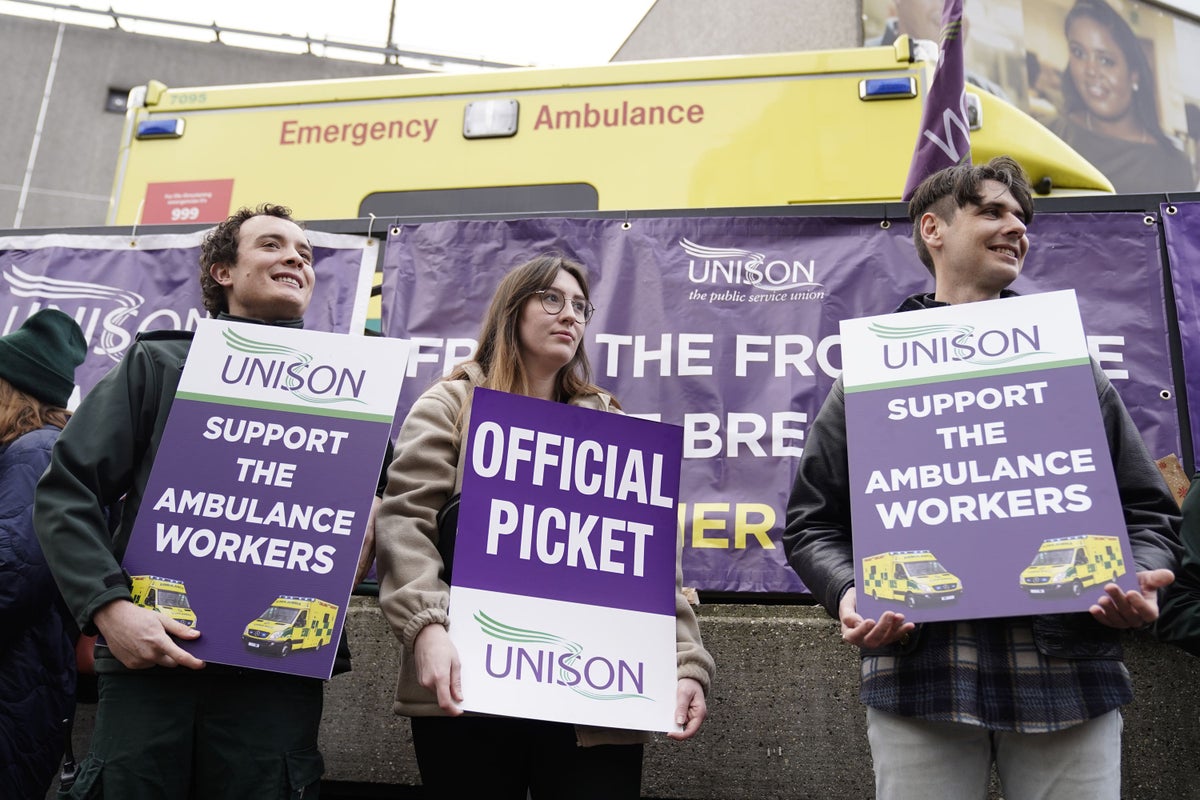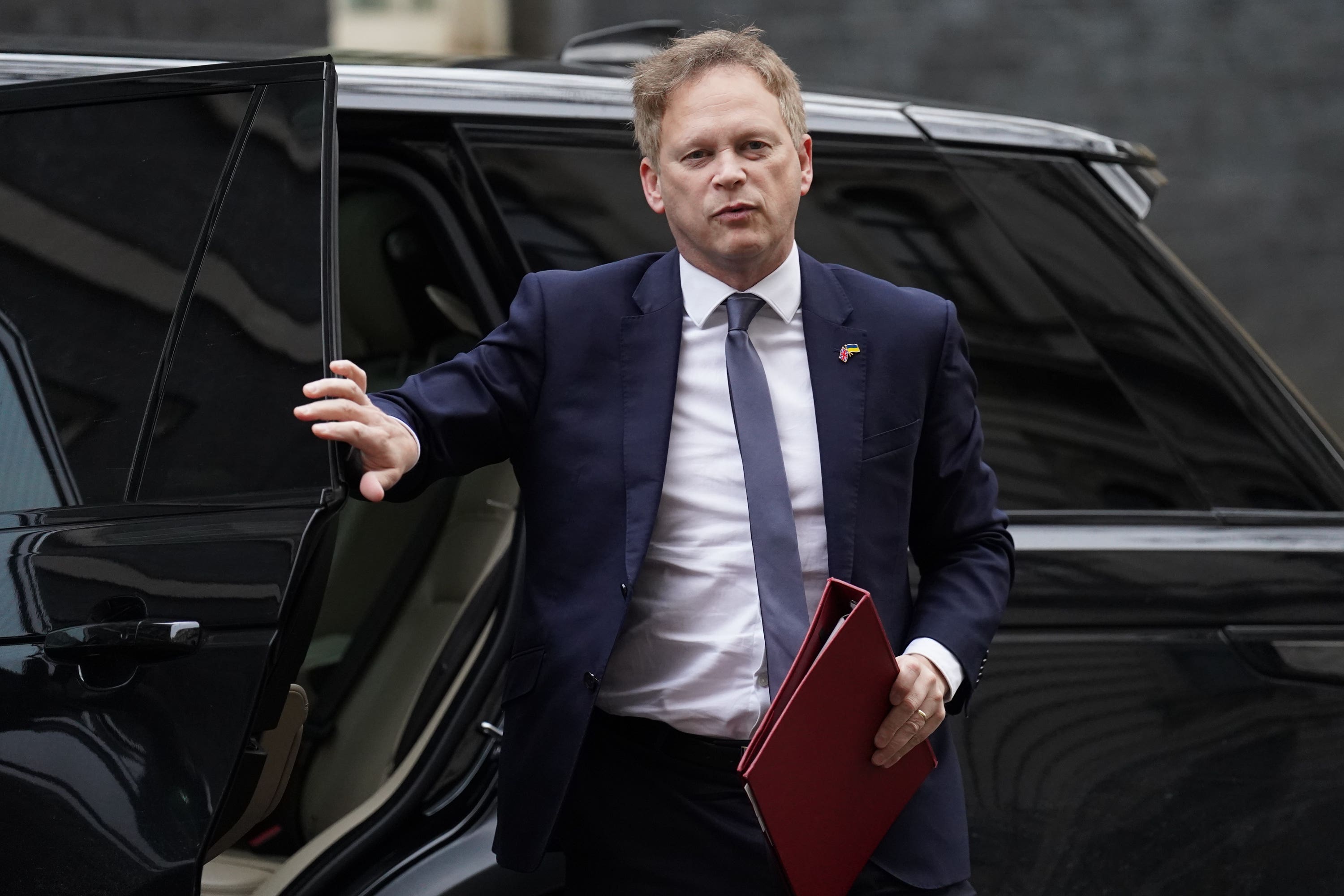
MPs have been urged to vote against new government legislation aimed at enforcing “minimum safety levels” during strikes to be introduce in parliament on Tuesday.
The Trades Union Congress (TUC) has described the anti-strike legislation as a “sack key workers bill”, claiming the move to crack down on industrial action is “almost certainly illegal”.
Unions warned that it could see key workers facing the sack if they exercise their right to strike, and that if it becomes law it could “poison industrial relations” and lead to more walkouts.
But business secretary Grant Shapps has claimed the move is “common-sense” response to the wave of industrial unrest and would help make sure “life and limb” cover comes first during strikes in key sectors.
Mr Shapps said the new bill would end the “postcode lottery” seen during the ambulance strike, when differing levels of cover were agreed by unions with local NHS organisations.
“Unfortunately, the ambulance unions didn’t do that last time round, so there was a sort of regional postcode lottery. That’s the thing we want to avoid,” he told Sky News.
Minimum service levels will be enforced during strikes in six key areas – the NHS, rail, education, fire, border security and nuclear energy.
Safety levels will be set by the government for three of the most crucial areas – fire, ambulance and rail services. In the other areas, voluntary agreements will be pursued with the unions.
Mr Shapps did not deny workers could be sacked, but played down the prospect of key workers being fired for refusing to work in line with the new law.
“This sort of talk that somebody would be sacked is no more true than it would be under any employment contract,” he told Times Radio. “And it is always the case when people have to stick to the law.”
The government’s own impact assessment, prepared by officials for earlier legislation aimed at imposing minimum service levels, has warned that it risks a “potential increase in strike action”.
Unions have also warned they would stage more frequent strikes to make up for restricted action.
But Mr Shapps said he did not think more strikes were “likely” as a result of his bill, and insisted the government is prepared for the legislation to be challenged in the courts.
TUC general secretary Paul Nowak warned the legislation would risk further strikes, saying the move was “undemocratic, unworkable, and almost certainly illegal”.
The new union leader said: “Let’s be clear. If passed, this bill will prolong disputes and poison industrial relations – leading to more frequent strikes. That’s why MPs must do the right thing and reject this cynical ‘sack key workers bill’.”

Fire Brigades Union general secretary Matt Wrack said it was “an attack on all workers - including key workers, who kept our public services going during the pandemic.
He added: “It’s an attack on Britain’s Covid heroes and on all workers. We need a mass movement of resistance to this authoritarian attack.”
Labour’s shadow work and pensions secretary Jonathan Ashworth said the anti-strike laws are “unworkable”.
He told Sky News: “The government are effectively saying to a nurse, a paramedic, a healthcare assistant, that if you exercise your right to industrial action … then they are going to sack you, they are going to sack a nurse.”
Mr Shapps also said the government wants to end “forever strikes” and argued that new anti-strike legislation would bring the UK “into line” with other European countries.
“Everyone knows we want to bring these strikes, which in some cases, railways for example, seem to have turned into sort of forever strikes,” he said. “We want to bring this to a close and the government is bending over backwards to do that.”
Mr Shapps also denied claims by RMT boss Mick Lynch that he still has “his hand in” the government’s approach to rail strike negotiations. “I do appear to some extent to have been living rent-free in Mick Lynch’s head,” he told LBC.







